As an avid metal detectorist, I can tell you just how frustrating it is when your detector starts making all sorts of noise and you don't have any idea why! Well, most of the time, it's "Hot rocks"! These are rocks that have magnatite or hematite in them and trust me, your detector will go wild! Learn about these rocks here and see how to avoid all that noise and chaos coming from your detector.
Metal detecting is a fascinating hobby that combines the thrill of treasure hunting with the science of geology. Whether you're searching for a lost gold ring or exploring historical sites, knowing which types of rocks can set off metal detectors is crucial for a successful hunt.
In this comprehensive guide, we'll delve into the geology behind metal detecting and uncover the rocks that can either be a detectorist's dream or their noisy nemesis.
Iron Bearing Minerals: The Usual Suspects
When it comes to metal detecting, iron bearing minerals are often the culprits behind false signals. These minerals, which include magnetite and hematite, contain iron oxides that can create a secondary magnetic field.
This field interacts with the detector's search coil, producing an audible response that can mimic the sound of a metal object. For example, a detectorist might hear a signal indicating a coin, only to dig up a stone rich in iron oxides.
Iron is not the only metal that can set off a metal detector. Other elements such as nickel, cobalt, and even aluminum can produce a similar effect.
These metals can be present in the soil in their raw form or as part of a metal alloy. For instance, a nickel-rich rock or a piece of aluminum trash can both trigger a detector's alert.
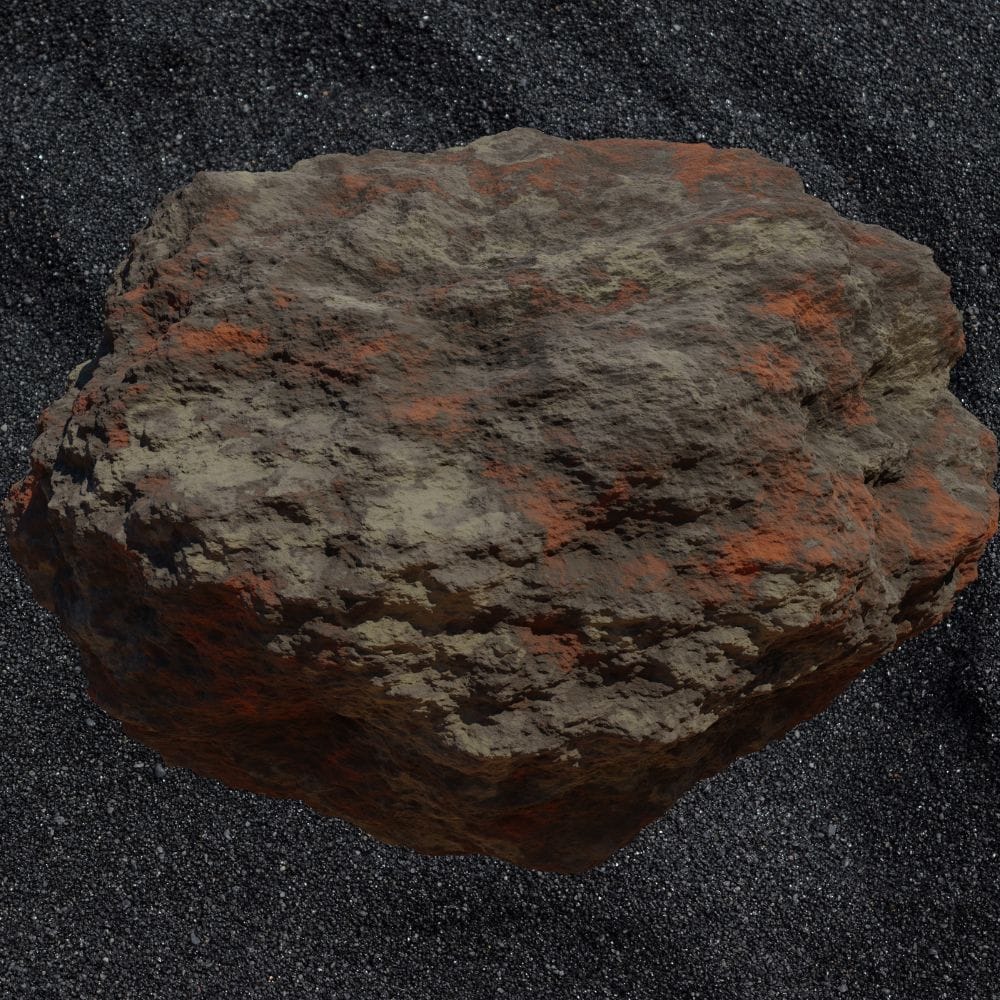
Positive and Negative Hot Rocks
Most hot rocks, unlike cold rocks, are stones that can cause a metal detector to sound off due to their mineral content. They are categorized into two types: positive and negative hot rocks.
Positive hot rocks contain a higher concentration of minerals than the surrounding soil, creating a strong signal. On the other hand, negative hot rocks contain mineral salts that can nullify the coil's primary field, leading to a drop in the audible response and effect your metal detection.
These hot rocks can be particularly troublesome in highly mineralized ground, where they are more prevalent. Detectorists must learn to distinguish these false signals from those of genuine precious metals.
For example, a gold nugget might be inches deep in the earth, surrounded by hot rocks, making it a challenge to detect.
The Allure of Precious Metals
Gold, silver, and platinum are the precious metals that every metal detector enthusiast hopes to find. These metals can set off a metal detector due to their conductive properties.
A gold ring buried just beneath the surface can provide a strong and distinct signal, as can a silver coin or a platinum piece of jewelry.
However, precious metals can also occur in nature in their raw form, often found in veins within certain types of rocks. Detecting these metals requires a keen understanding of the signals produced by the detector.
A gold nugget, for instance, will produce a different response than a gold ring due to its varying degree of purity and iron content.
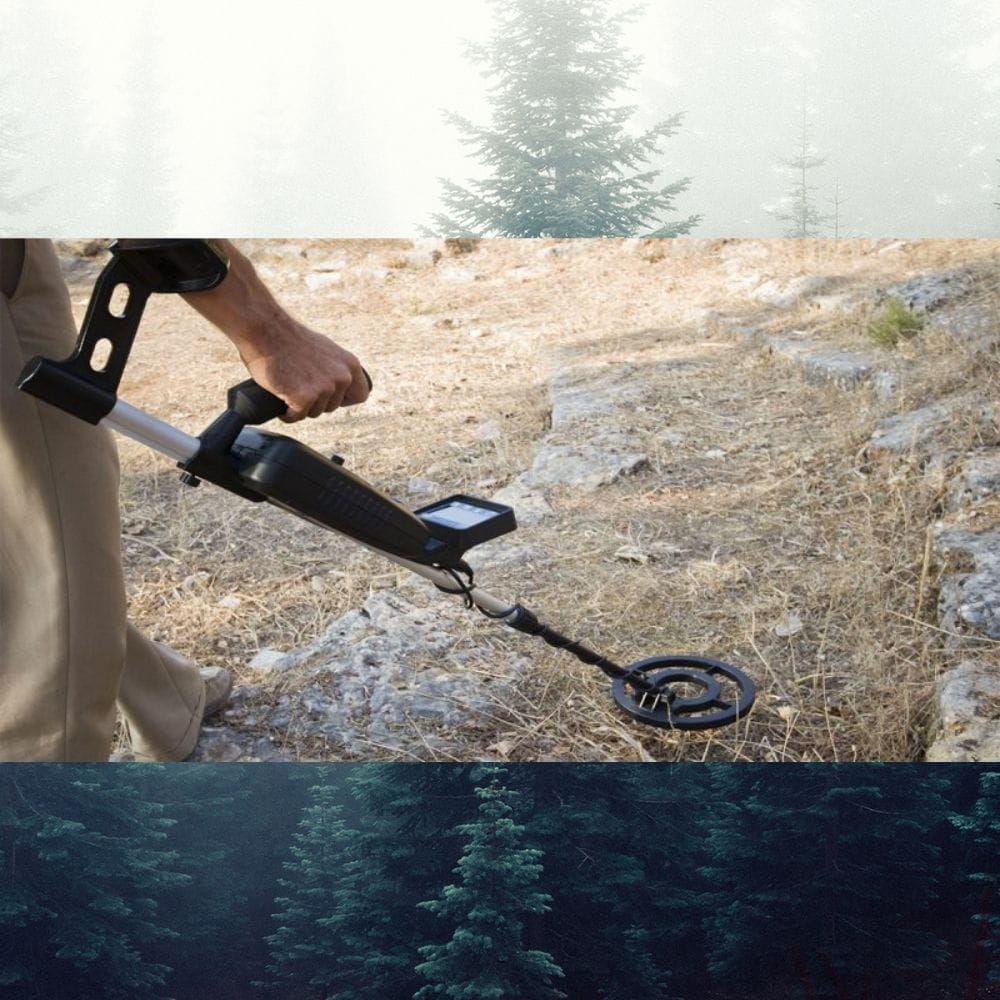
Copper Ore and Its Conductive Qualities
Copper ore is another type of rock that can set off a metal detector. This is due to the metal's high conductivity, which generates a secondary field when exposed to the coil's primary field.
Copper can be found in various forms, from raw nuggets to ancient coins, and it can be just as exciting to find as gold or silver.
The presence of copper in the soil can also lead to false positives. For instance, a piece of copper piping or a small copper-bearing stone can both produce a signal.
Metal detecting enthusiasts must learn to interpret these signals to determine whether they've found a valuable target or a misleading one.
The Impact of Highly Mineralized Ground
Highly mineralized ground is a term used to describe soil that contains a high concentration of metallic minerals.
This type of ground can be a significant challenge for metal detectorists, as it can cause the detector to produce constant false signals, making it nearly impossible to distinguish between a metal object and a mineralized stone.
To combat this, metal detectors are equipped with ground balance features that allow them to ignore the effects of mineralized soil.
However, even with this technology, highly mineralized ground can still cause issues, especially when searching for small or deeply buried objects.
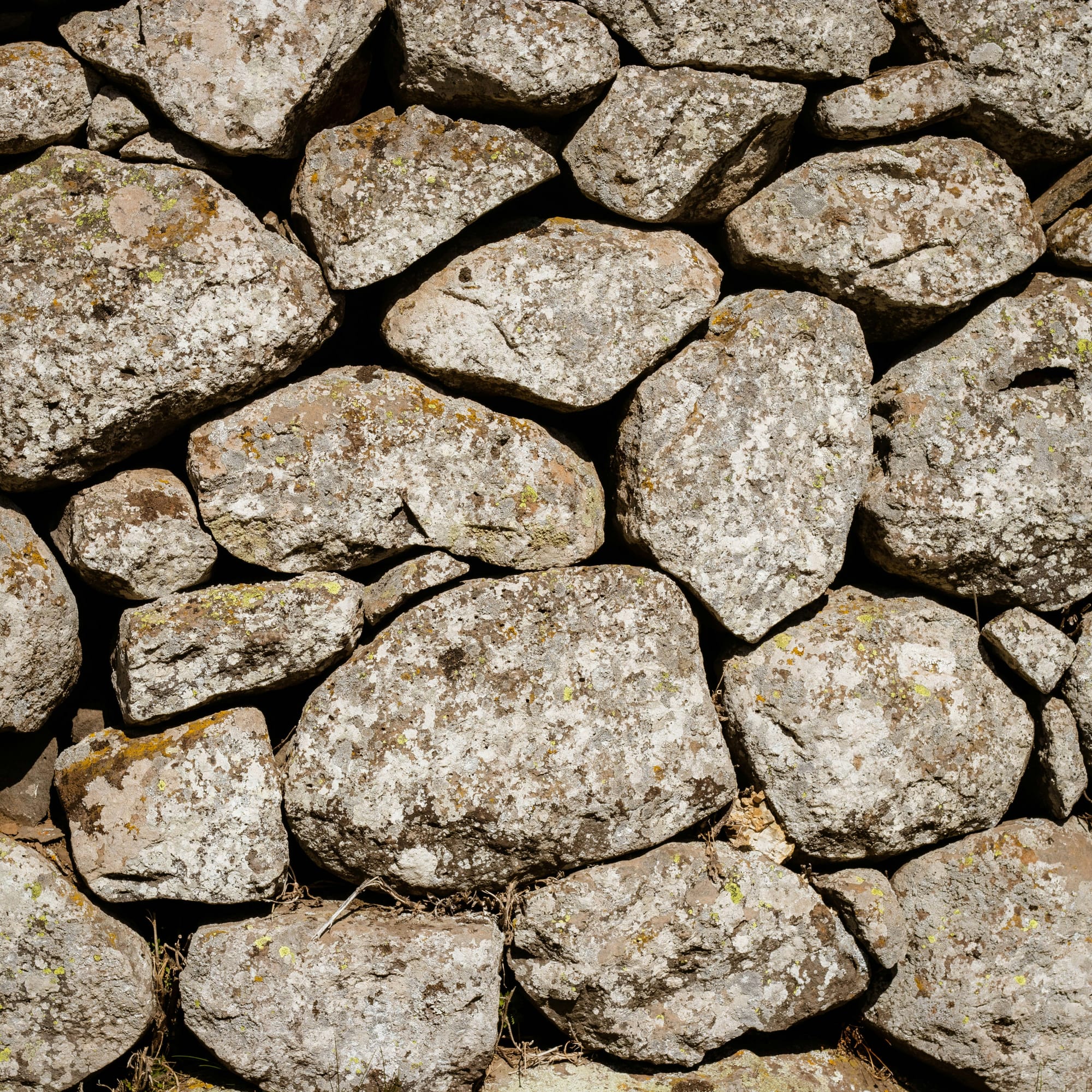
Secondary Magnetic Fields: A Double-Edged Sword
Secondary magnetic fields are created when a metal detector's search coil interacts with metallic elements in the ground. These fields can either help or hinder a detectorist's search.
On the one hand, they can amplify the signal of a buried metal object, making it easier to detect. On the other hand, they can also produce false positives when interacting with certain types of rocks.
Understanding how these secondary fields work is essential for successful metal detecting. For example, a detectorist might need to adjust the sensitivity of their device when searching in an area with a high concentration of iron oxides to reduce the number of false signals.
The Role of Detector's Search Coil
The detector's search coil is the heart of the metal detecting process. It emits a primary magnetic field that interacts with metallic objects in the ground, creating a secondary field that the coil can detect.
The size and shape of the coil can affect its sensitivity and the depth at which it can detect objects.
For instance, a larger coil can detect objects that are several inches deep, while a smaller coil might be better suited for finding smaller targets near the surface.
The type of coil used can also influence the detector's ability to distinguish between different types of metals and rocks.

Audible Responses and What They Mean
The audible response from a metal detector is the signal that tells the user there might be something worth investigating. These sounds can vary depending on the type of metal detected and the size and depth of the object.
For example, a high-pitched tone might indicate a small piece of silver near the surface, while a deeper, more mellow sound could suggest a larger iron object buried deeper.
Interpreting these audible responses correctly is crucial for identifying potential finds. Metal detectorists must learn the nuances of their machine's sounds to differentiate between a valuable coin and a deceptive hot rock.
Specific Applications for Different Types of Detectors
Not all metal detectors are created equal, and specific types are better suited for certain applications.
For example, a detector with a high frequency is more sensitive to small gold nuggets, while a low-frequency detector might be better for finding larger objects like a buried treasure chest.
Additionally, some detectors are designed to perform better in specific environments, such as underwater or on highly mineralized ground.
Choosing the right detector for the task at hand can make the difference between a successful hunt and a frustrating outing.

Distinguishing Between Rocks and Metal Objects
One of the biggest challenges in metal detecting is distinguishing between false signals caused by rocks and genuine signals from metal objects. This requires a combination of experience, knowledge of the local geology, and the ability to interpret the detector's responses accurately.
For instance, a seasoned detectorist might recognize the distinct signal of a lead bullet versus the erratic signal of a hot rock. They might also be able to tell if a signal is coming from a small piece of gold or a larger, less valuable piece of iron junk.
Some Final Thoughts!
Metal detecting is an exciting hobby that requires an understanding of both technology and geology.
Knowing the types of rocks that can set off metal detectors, such as iron bearing minerals, copper ore, and precious metals, is essential for any enthusiast.
By learning about positive and negative hot rocks, the impact of highly mineralized ground, and the nuances of audible responses, detectorists can improve their chances of finding valuable metal objects while avoiding false signals.
With the right knowledge and equipment, the earth's hidden treasures are just waiting to be discovered.
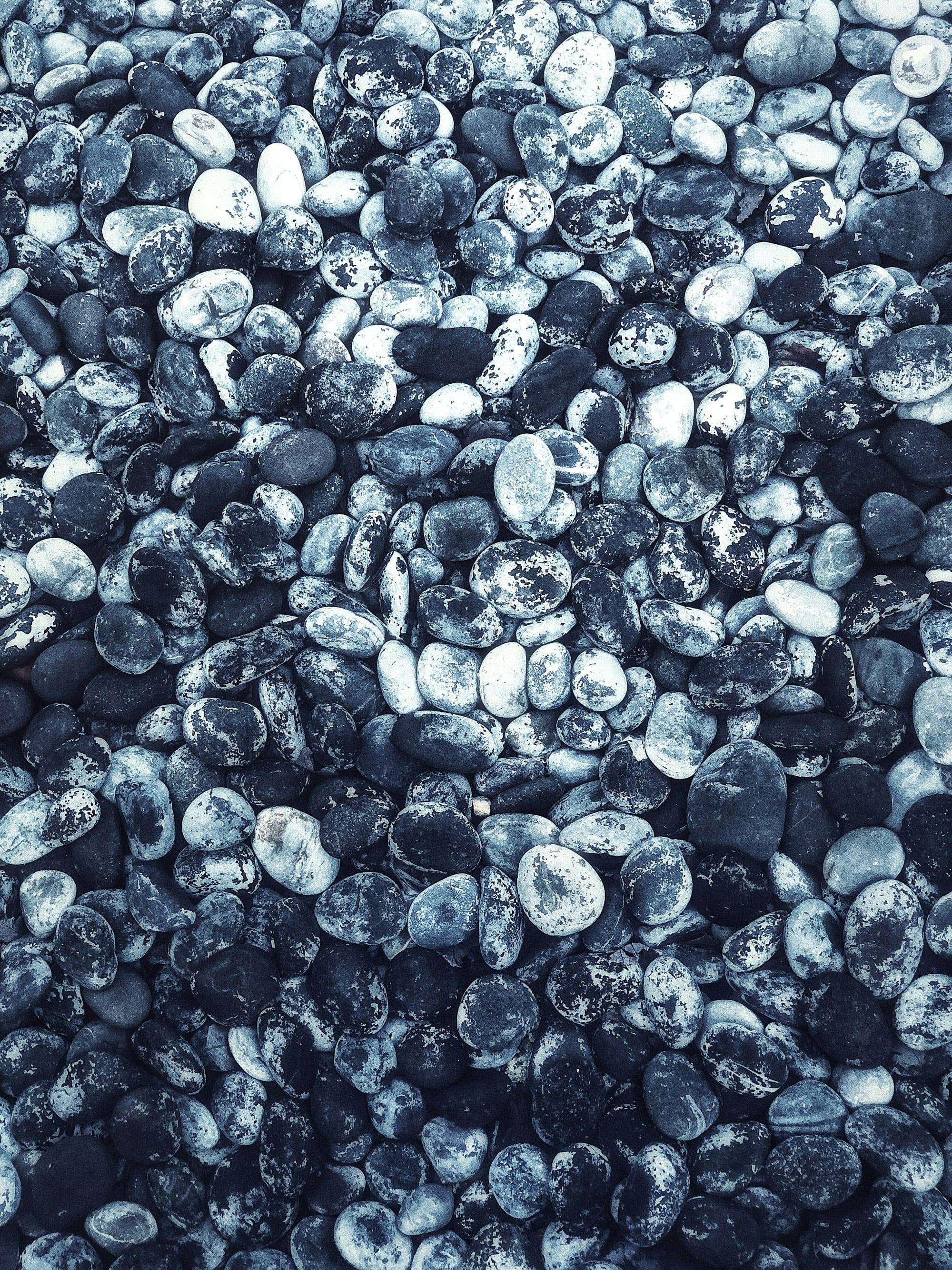
Stuff You Need To Know!
Here at TopRatedStuff.com the outdoors is our home. We offer comprehensive reviews on all outdoor gear, sporting goods, and many other top rated products. If you’re a Camper/Backpacker/Fisherman, we’ve got you covered!
If you’re into Tennis/Golf/Pickleball, we’ve got everything you need including informative tutorials and informational articles. Maybe you’re a Prospector/Miner? We’ve got all the gear you need to get started and many great articles that will help you succeed!
We read through countless reviews online and only talk about the best rated top selling products so you can skip all the research and purchase whatever it is you’re looking for, quickly and efficiently!
Thanks Again for checking out our site and we hope you come back and visit us for any of your purchases! Natures gym is always open! Find your Zen outside!
FAQ's
Q: Can metal detectors find gold in its raw form? A: Yes, metal detectors can find gold in its raw form, often found in veins within certain types of rocks. However, detecting raw gold requires a metal detector that is sensitive to small pieces and has the right frequency to detect gold nuggets.
Q: How can I tell if a signal is from a hot rock or a metal object? A: Distinguishing between a hot rock and a metal object takes practice and knowledge of your detector's sounds. Hot rocks often produce erratic or inconsistent signals, while metal objects typically give a more solid and repeatable response.
Q: What should I do if I'm metal detecting in highly mineralized ground? A: When metal detecting in highly mineralized ground, use a detector with a good ground balance feature to filter out the effects of mineralization. Adjusting the sensitivity and discrimination settings can also help reduce false signals.
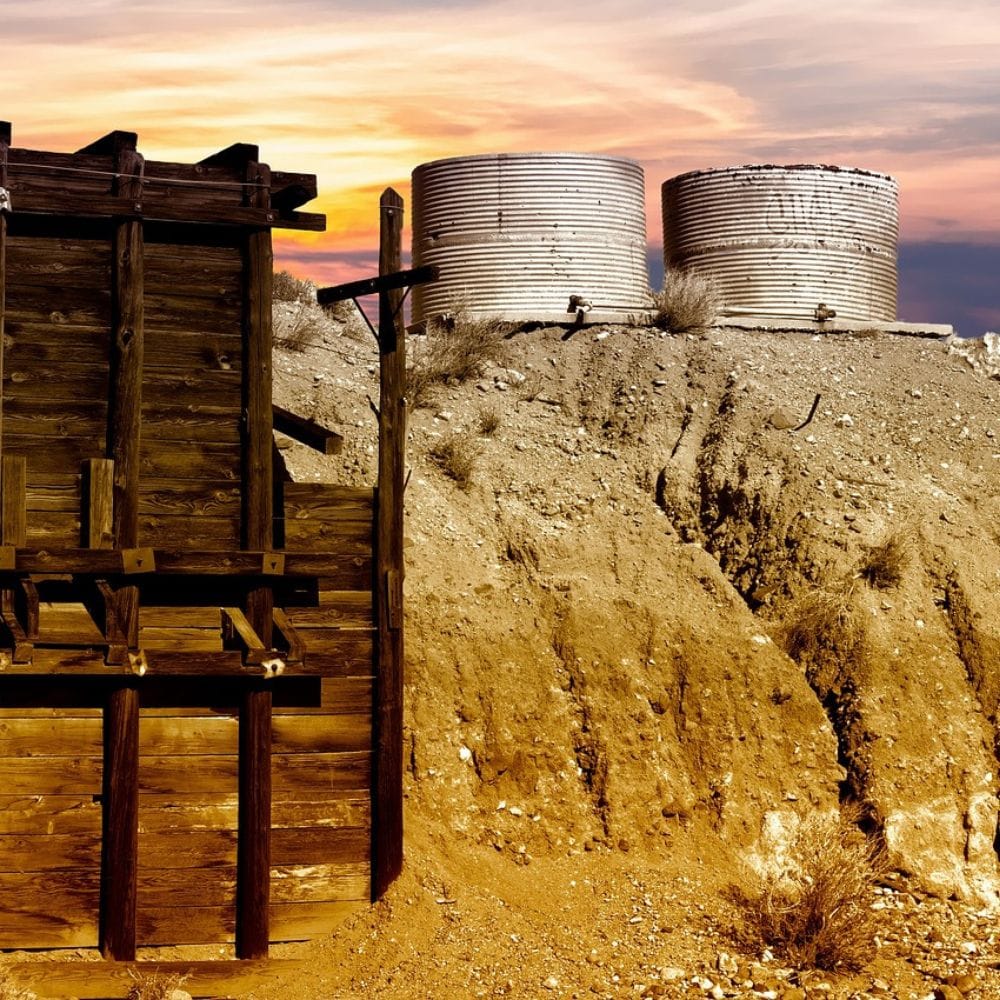

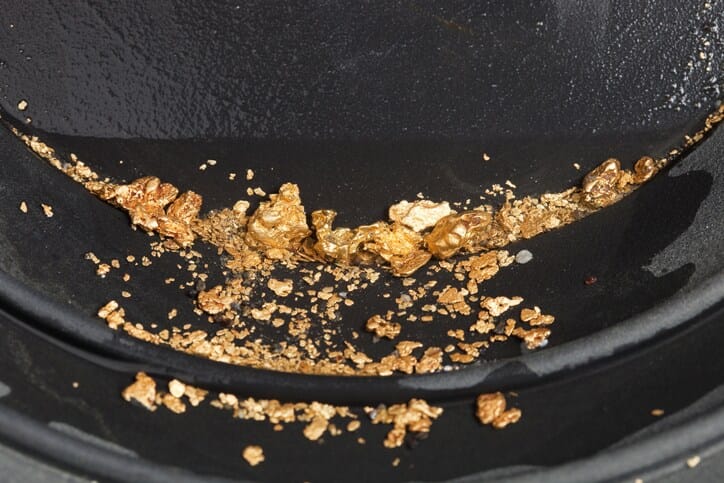


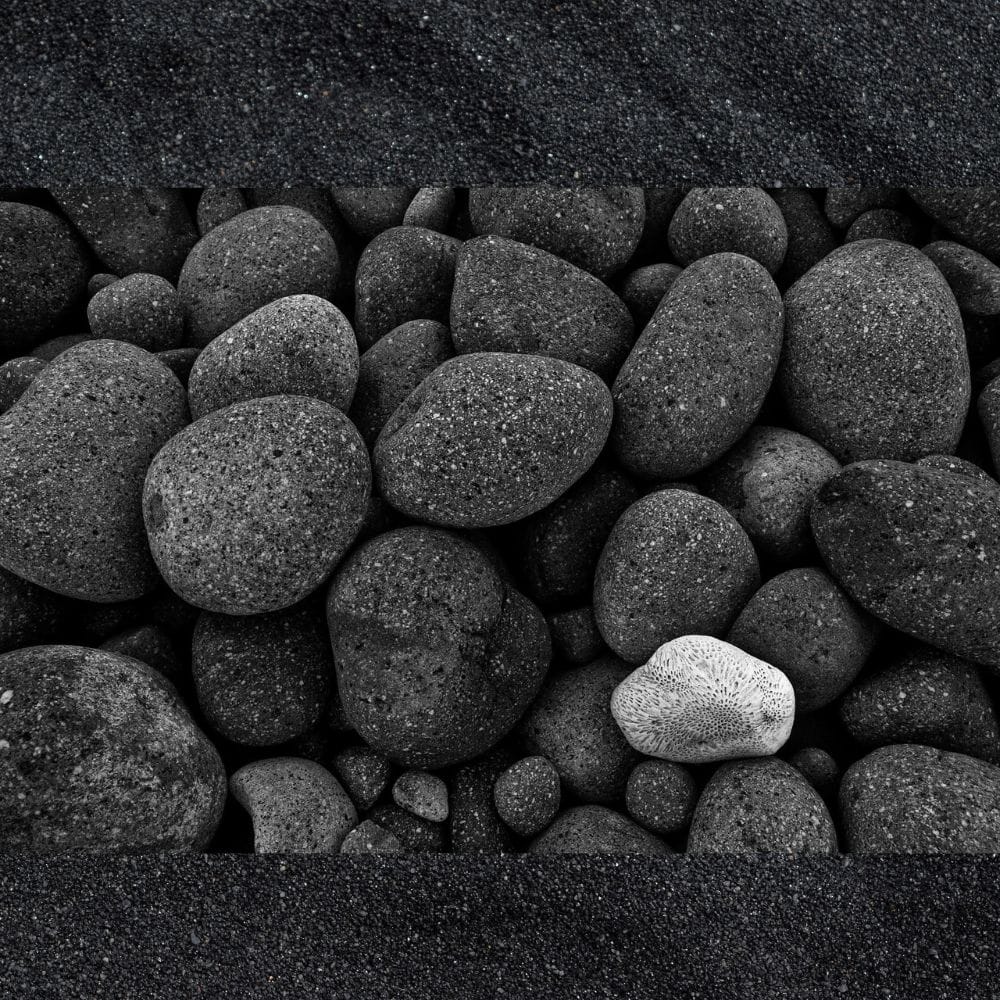




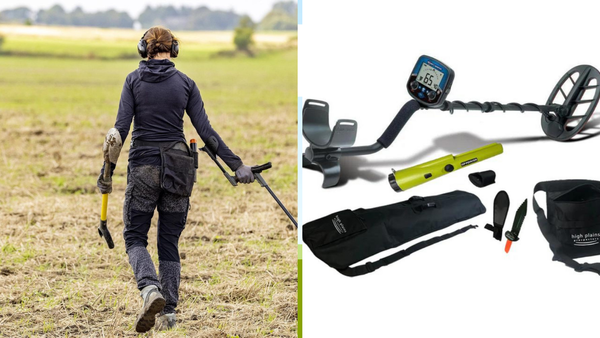
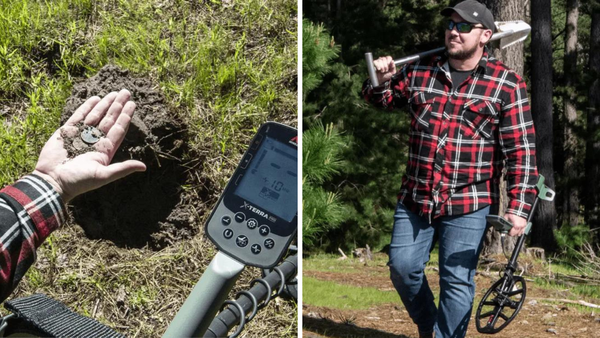

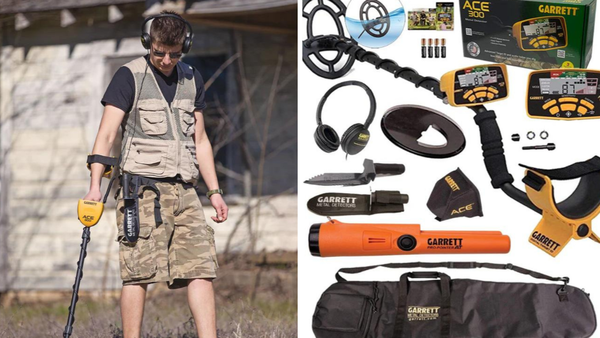
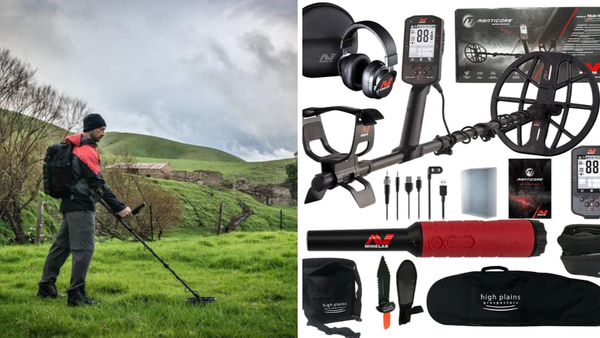
Member discussion